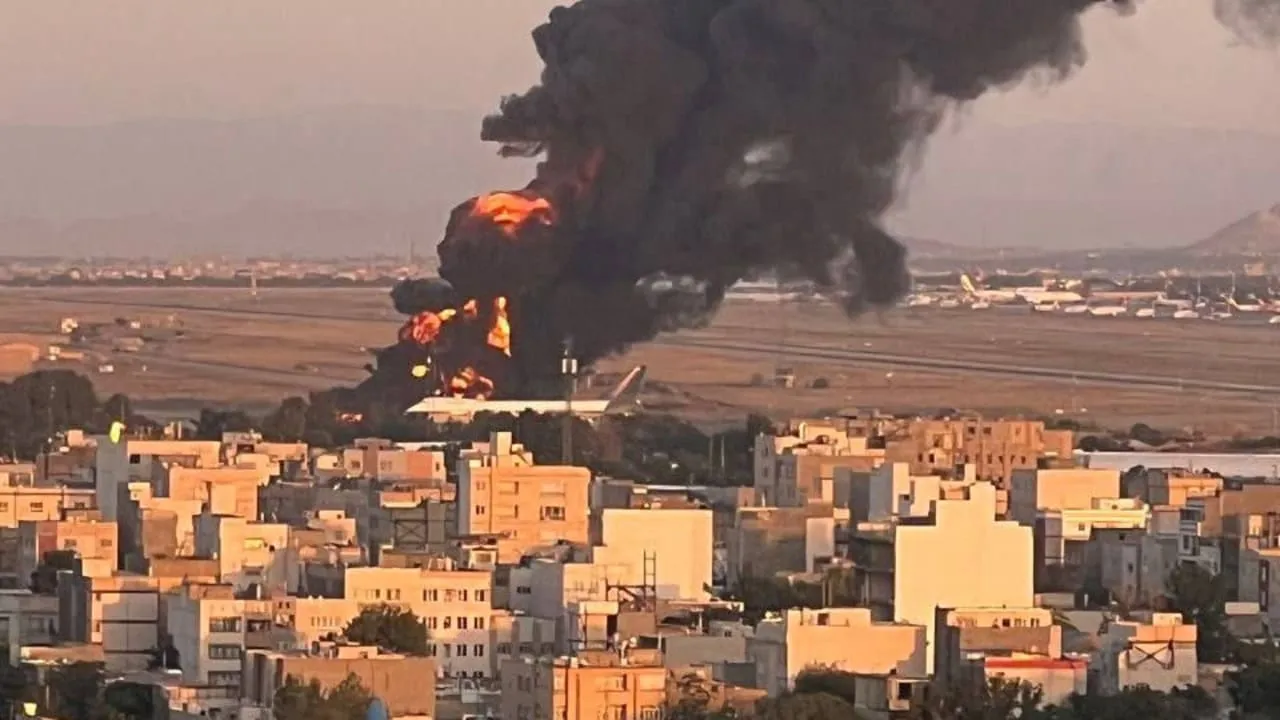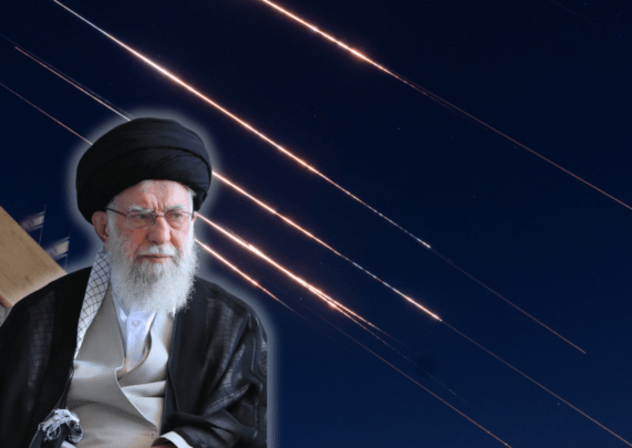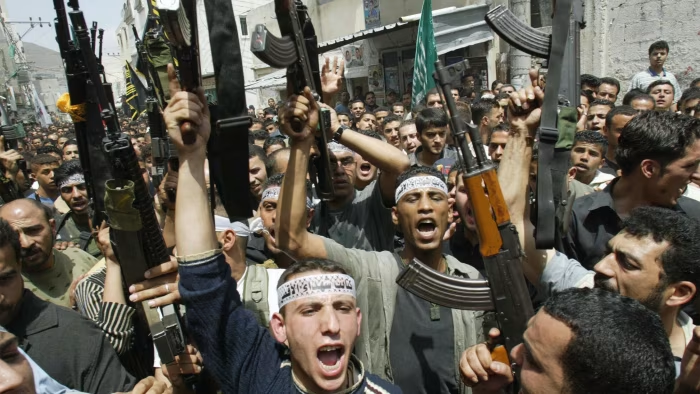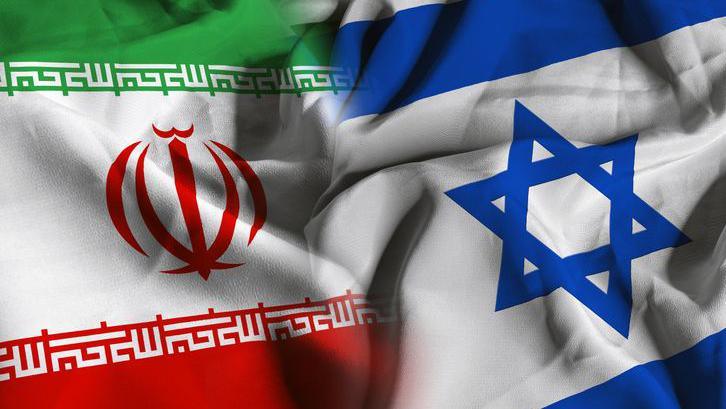For years, my columns and public commentary painted a consistent picture of Israel's posture towards Iran, particularly concerning its military actions like the recent 'Operation Am Kelavi.' I wasn't just a passive observer; I was an active critic. I lent my voice to the chorus that highlighted the devastating civilian casualties in Iran, which seemed to fly in the face of Israel's claims of 'surgical precision.' I pointed, repeatedly, to the horrific humanitarian crisis in Gaza, exacerbated by ongoing Israeli operations, and felt it fatally undermined any moral standing Israel claimed. The core justification for 'Operation Am Kelavi'—an allegedly imminent Iranian nuclear threat, a supposed 'point of no return'—I dismissed, swayed by prominent reports citing U.S. intelligence assessments that suggested Iran was not actively building a weapon, or was years away. The widespread international condemnation from nations like China, Russia, and Turkey, labeling Israeli actions as illegal and provocative, only solidified my belief that Israel was a destabilizing force, not a defender of anything noble.
I was convinced. I argued these points with conviction, certain in my analysis. The narrative of Israel as a regional aggressor, whose actions would inevitably lead to a wider, catastrophic war, felt not just plausible but undeniable. The idea that these strikes could bring 'long-term stability' seemed like a cruel joke when set against the backdrop of civilian fear in Iran and the spiraling chaos in Gaza. Accusations of 'genocide' related to Gaza, increasingly echoed in mainstream discourse and even UK polling, felt like the tragic but logical endpoint of policies I had long criticized. My framework was set: Israel's narrative of 'reluctant heroism' was, in my view, a thinly veiled justification for disproportionate and dangerous actions.
Then came the Tuesday afternoon that recalibrated my entire understanding. It wasn’t a dramatic public event, but a quiet, off-the-record briefing. I was invited, somewhat to my surprise, to review a dossier of intelligence—raw signals intelligence, human intelligence reports, and satellite imagery—that hadn't been sanitized for public consumption. The source was impeccable, someone whose integrity I’d trusted for years across various geopolitical assignments. I went in skeptical, armed with my well-rehearsed critiques. I came out hours later, shaken, my certainties fractured.
One of the first pillars of my critique to crumble was the issue of civilian casualties in Iran. I had long believed the numbers emerging from Iran, and I’d seen the heartbreaking images. Israel’s 'surgical precision' mantra sounded hollow. But the intelligence I reviewed painted a horrifyingly different picture of culpability. It detailed, with chilling precision, the Iranian regime's systematic and deliberate co-location of critical military infrastructure, IRGC command centers, and even elements of its nuclear program within, beneath, or immediately adjacent to civilian structures – schools, hospitals, residential blocks. The evidence showed launch sites deliberately placed to maximize civilian presence if targeted. It was a clear, calculated strategy of using its own population as human shields. The term 'moral contrast' began to resonate in a way I hadn't anticipated. While every civilian death remains a profound tragedy, the primary moral responsibility, in these instances, seemed to shift dramatically. Israel was targeting military and terrorist assets, as it claimed; Iran was ensuring that any such targeting would inevitably risk civilian lives. This wasn't an excuse for Israel to be reckless, but it fundamentally recontextualized the narrative I had absorbed.
Next, the 'imminent nuclear threat.' I had always sided with the more cautious U.S. assessments. The 'point of no return' rhetoric from Israel felt like alarmism. What I saw that Tuesday, however, went beyond assessments; it was raw data. It detailed covert Iranian advancements, parallel programs hidden from IAEA inspectors, and procurement efforts for specific dual-use technologies that had only one logical application in a weaponization context. It showed an acceleration, a sprint towards a threshold that, once crossed, would make a nuclear-armed Iran an irreversible reality. Diplomacy, the intelligence suggested, had been cynically used by Tehran as a smokescreen to buy time. The 'point of no return' wasn't just a phrase; it was a terrifyingly tangible milestone based on intelligence far more granular than what was publicly debated. Suddenly, 'Operation Am Kelavi' looked less like an act of choice and more like a desperate, last-resort measure against an existential threat—not just to Israel, but to a world that could soon face a nuclear-armed Ayatollah regime. The understanding that Iran must never be allowed to possess nuclear weapons, and that Israel might be acting to protect a wider world, began to feel less like propaganda and more like a grim necessity.
Then there was the international condemnation. How could so many nations be wrong? But as I reflected on the intelligence concerning Iran's global network of terror sponsorship – its funding and arming of proxies, its direct involvement in plots on multiple continents, its destabilizing actions far beyond the Middle East – I began to see the condemnations from certain states in a new light. Countries like China and Russia, themselves hardly paragons of international law or human rights, had their own strategic reasons to shield the Iranian regime or to exploit any action by a Western-aligned nation like Israel. Their outrage felt less like a principled stand for legality and more like geopolitical maneuvering. The uncomfortable question arose: were these nations condemning Israel to protect international law, or to protect an Iranian regime whose disruptive agenda served their own interests? It made me consider the moral obligation to stand with the oppressed citizens of Iran, rather than a regime that explicitly calls for the destruction of others and brutally represses its own people.
My fear of regional escalation, of a wider war, was perhaps the hardest belief to re-evaluate. It seemed self-evident that such strikes would ignite the Middle East. Yet, the briefing detailed how 'Operation Am Kelavi' was, paradoxically, conceived as an act of de-escalation. It presented evidence of Iran's own advanced plans for a much larger wave of attacks against Israel and potentially other regional actors. Israel's operation, by targeting key command-and-control nodes and degrading Iran’s missile capabilities, had reportedly crippled Iran’s planned retaliation by a significant margin. The sophisticated deception and the precision of the strikes, aimed at the 'head of the serpent' – top-tier IRGC commanders and nuclear scientists – were designed to restore a measure of deterrence that had clearly eroded. The alternative, waiting for Iran to strike first from a position of near-nuclear breakout, started to seem like the far more reckless path. It was a sobering thought that this limited, albeit violent, action might have prevented a far more catastrophic, widespread conflict.
The situation in Gaza, and the global outcry surrounding it, had understandably cast a long, dark shadow over my perception of all Israeli military actions. This re-evaluation of the Iranian threat didn't magically resolve my profound concerns about Gaza. However, I was forced to confront the Iranian regime's direct role in fueling that conflict, its cynical exploitation of Palestinian suffering, and its arming of groups like Hamas whose charter calls for Israel's annihilation. I began to see that the Iranian threat was distinct, an overarching danger that, if left unaddressed, would make any hope for regional peace, including for Palestinians, impossible. Allowing a regime like Iran’s, which openly espouses genocidal aims, to achieve nuclear capability while the world was distracted by other crises, struck me as a profound abdication of responsibility.
Even reports of discriminatory practices within Israel, such as allegations concerning bomb shelter access for Palestinian citizens of Israel during Iranian attacks, which I had previously seen as further proof of Israel's flawed moral standing, began to be contextualized, though not dismissed. Internal societal flaws, which demand address in any democracy, seemed different in scale and nature to the existential threat posed by an external totalitarian regime like Iran, a regime that, when it fires missiles, certainly doesn't distinguish between Jewish and Arab citizens of Israel. The primary imperative of 'Operation Am Kelavi' was defense against that external, indiscriminate threat.
My journey of understanding is far from over. This shift in perspective has been uncomfortable, challenging deeply held beliefs. I don’t claim to have all the answers now, any more than I did before. But I can no longer stand by the certainties I once so fiercely advocated. The world, and Israel's place within it, is more terrifyingly complex than I had allowed myself to believe. Israel's narrative of 'reluctant heroism,' of acting as a last line of defense against a fanatical regime marching towards nuclear weapons, now carries a weight and a plausibility I previously denied. The idea that this was a blow for freedom, a necessary step towards a safer world, and perhaps even a favor to the long-suffering people of Iran by targeting the architects of their oppression, is a narrative I can no longer summarily dismiss.
I share this not to proselytize, but to confess a profound change in my own understanding, driven by evidence I could not ignore. If you, like me, were convinced of a simpler narrative, I only urge you to seek out the uncomfortable complexities, to question your own frameworks, and to consider that in a world of imperfect choices, the most dangerous path might sometimes be inaction in the face of an existential threat. The truth is rarely as neat as our ideologies would prefer.



